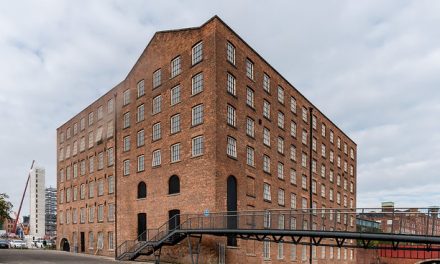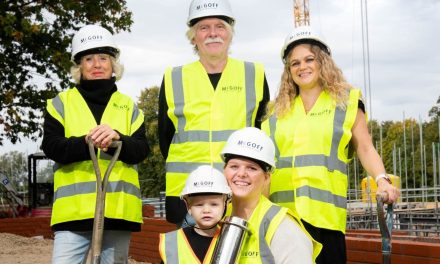When we think about property value, most of us tend to focus on personal financial goals—how much equity we’ve built, how profitable a sale might be, or whether our home is a solid investment for the future. But beyond the individual, there’s a bigger picture: property values have a significant impact on the health and growth of local economies.
Whether you’re a homeowner, a landlord, or simply part of a thriving neighbourhood, understanding the wider economic role of your home’s worth can offer valuable perspective—and even influence your next move. Here’s why your property’s value is more relevant than ever to the communities around you.
- Higher Property Values Strengthen Local Services
Council taxes are often based on property values, and when homes in a neighbourhood are worth more, they generate more revenue for local governments. This means better funding for essential services such as:
- Public schools and education resources
- Community health initiatives
- Road maintenance and infrastructure
- Parks, libraries, and recreational facilities
When house values rise responsibly, the community often benefits from improved services that feed back into a higher quality of life for everyone.
- Local Businesses Thrive in Strong Housing Markets
A neighbourhood with rising property values usually indicates growing demand, increasing foot traffic, and a stronger local economy. This has a knock-on effect for nearby businesses, including:
- Restaurants and cafés
- Shops and boutiques
- Tradespeople and service providers
- Health and wellness centres
Business owners look at property values and trends to decide where to invest or expand. When homes are seen as valuable, communities often become more appealing to entrepreneurs and investors, helping create jobs and boost economic activity.
- A Healthy Property Market Attracts Investment
Regions with stable or increasing home values tend to attract larger-scale investment—both from the public and private sectors. This might include:
- New housing developments
- Commercial real estate projects
- Transport upgrades and improved connectivity
- Tech hubs or co-working spaces for remote workers
All of these improvements contribute to the long-term success and resilience of a local economy, helping it adapt to changing work patterns, population growth, and environmental challenges.
- Rising Equity Means Increased Consumer Confidence
When homeowners feel secure in their investment—knowing their home is appreciating in value—they’re more likely to spend money locally. That could mean home renovations using local builders, buying furniture from independent shops, or supporting nearby entertainment venues.
This consumer confidence keeps money circulating within the community, sustaining jobs and supporting economic stability through both strong and uncertain financial times.
- Property Data Drives Smart Planning
Understanding current property values helps planners and policymakers make better decisions. It informs:
- Urban development strategies
- Affordable housing policies
- Transport links and zoning laws
- Environmental impact assessments
The more accurate and current this data is, the more effectively a community can plan for growth and change. Getting a house valuation not only gives you personal insight but also contributes to the larger data picture used by local authorities and financial institutions.
- Your Home’s Worth Reflects Your Community’s Health
Property values don’t rise in a vacuum—they rise when an area is thriving. Things like low crime rates, good schools, green spaces, and strong community ties all contribute to rising home values. So, the better your neighbourhood performs as a whole, the more your property is worth.
It’s a two-way street: maintaining and improving your home helps boost the area’s appeal, while active, engaged communities work together to raise the value of everyone’s homes.


















